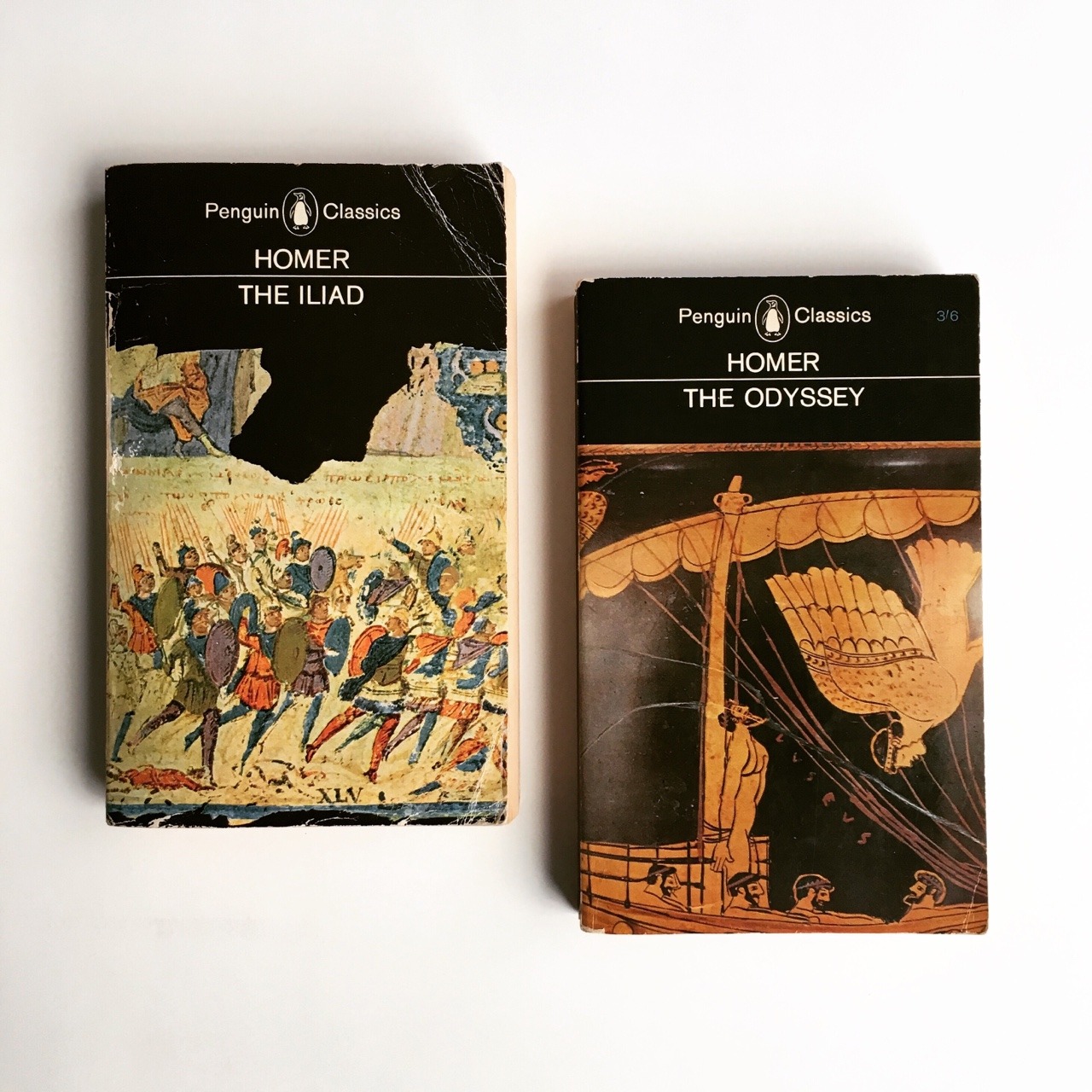
Through the different stories they told, the Iliad, Odyssey, and Aeneid impacted Greek and Roman cultures. The Iliad, Odyssey, and Aeneid’s stories were great in a sense that they were not only popular in their own ancient Greek and Roman times but the Iliad, Odyssey, and Aeneid also left enough room for others to add and expand to the world they brought to life through their impact on the world of Greece’s and Rome’s culture through the stories they told. This path of inspiration began with Homer’s Iliad and Odyssey which helped to inspire Virgil’s Aeneid. Like Dante’s Divine Comedy and perhaps even Cervantes’s Don Quixote. The Iliad, Odyssey, and Aeneid inspired some other great works in the history of literature. This variation of multiple languages shows that the Greek and Roman cultures were both interested in these stories and wanted to put their distinct spin on them. In contrast to that, the Iliad and Odyssey were written in Greek by a Greek poet Homer, whom I will also talk about later in this essay.


The Aeneid was written in Latin by a Roman poet Virgil, who I will talk about in more detail later in this essay. One of these parts is that the Iliad, Odyssey, and Aeneid are not all written in the same language. Although they share a common war, each poem also contains multiple parts that differentiate them from each other, which I will be discussing over the course of this essay. Finally, in the Aeneid, there is an escape from the ruin of the Trojan War. In the Odyssey, there is a return from the Trojan War. In the Iliad, there is the fighting of the Trojan War. Each poem shares a common element: the Trojan War. These poems share enough similarities to be considered a trilogy of sorts.

The Iliad, Odyssey, and Aeneid are epic poems. Iliad, Book VIII, lines 245–53, Greek manuscript, late 5th, early 6th centuries AD.


 0 kommentar(er)
0 kommentar(er)
